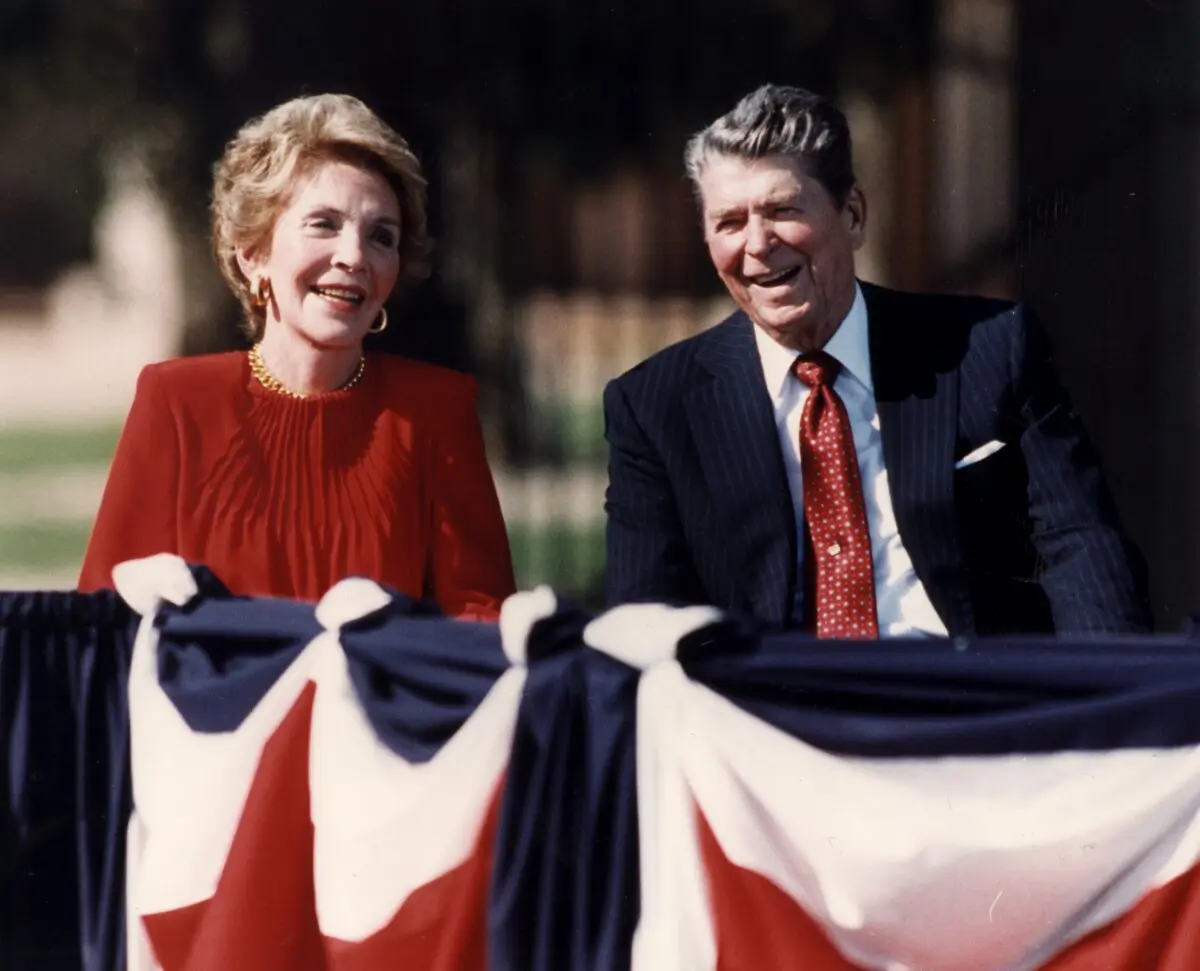The launch of Chapman University’s new course on presidential scandals has ignited heated discussions across campuses and among political enthusiasts alike. This dynamic program promises to explore not just the tales of corruption and deception that have permeated the highest offices of the land, but also the broader implications these scandals have on public perception and governance. This articulation serves as a reminder that the actions of those at the helm can cast long shadows on the fabric of democracy itself.
As scholars and students alike delve into the depths of these sordid stories—from Watergate to more recent allegations encompassing a myriad of public figures—they’re encouraged to examine these events within their historical contexts. This allows for a nuanced understanding of how these incidents shape political discourse and public trust today.
The Importance of Context in Political Scandals

Understanding the historical context of scandals is crucial, as it allows us to draw parallels and analyze the recurring themes of power, betrayal, and the quest for redemption. Every scandal holds lessons, as evidenced by the Watergate incident, which not only led to the resignation of President Nixon but also set a precedent for bipartisan scrutiny of governmental actions. Today’s students can find reflections of past debates in controversies surrounding modern leaders, such as recent discussions of transparency during the Biden administration concerning sustainability initiatives.
A vital aspect of the course involves dissecting how public perception shapes the narrative of these scandals. For instance, the portrayal of political leaders in media can significantly impact their legacies, often leading to differing interpretations of their actions.
Historical Frameworks: Learning from the Past
This section focuses on building a strong foundation by examining key historical scandals. By studying the intricacies of events like Monica Lewinsky’s involvement with Bill Clinton, students will tackle complex questions about consent, power dynamics, and the societal repercussions of these events. Beyond just the political consequences, the scandal also shed light on gender issues, as well as the media’s role in shaping public opinion.
Moreover, it’s important to recognize that not every scandal results in stunning political fallouts. Some leaders have managed to weather storms of controversy, reinforcing the notion that political survival often depends on public relations and the framing of narratives. Investigating these aspects reveals how media strategies have evolved, particularly in an era dominated by social media platforms that magnify every misstep.
Current Political Climate and Scandals

The discourse surrounding political scandals today is far more complex than ever. Recent allegations related to the connections between various leaders in Argentina highlight how intertwined political destinies can create intricate webs of accountability that are difficult to unravel. This phenomenon contributes to the diminishing trust between the electorate and their chosen representatives, underscoring the necessity for transparent governance.
Furthermore, the ongoing controversies involving figures like Elon Musk raise serious questions regarding the intersection of wealth, power, and ethical responsibilities. When a minister criticized Musk’s handling of child abuse allegations, discussions were ignited about how wealthy individuals influence political narratives, often overshadowing the needs and concerns of ordinary citizens.
The Role of Media in Amplifying Scandals
The role of media in political scandals cannot be overstated. With the rise of digital journalism and social media platforms, news travels faster than ever, often leading to immediate public scrutiny of political figures. This speed often means that the subtleties of a scandal can become lost in translation, leading to a sensationalized portrayal that can further damage reputations.
For example, when controversies arise, such as the mysterious disappearance of documents relating to Pope Francis’ past, public interest is piqued, setting off a flurry of speculation and investigation. As demonstrated with the Church’s handling of transparency issues, these incidents reveal not only the challenges faced by public figures but also the growing expectation for accountability.
Lessons to be Learned: Maintaining Accountability

As we navigate through modern political landscapes, the necessity for accountability remains paramount. The scandals we witness remind us of the delicate balance between governance and ethics, leaving voices from the public to echo with demands for integrity and trust. Each controversy provides an opportunity to prescribe necessary reforms and re-evaluate established norms in politics.
By delving into courses focusing on historical corrupt practices, students have the chance not only to scrutinize past actions but to advocate for a future where such acts are neither normalized nor tolerated.
Public Engagement: Why It Matters
Involvement in discussions surrounding political scandals fosters a greater sense of civic duty and enhances the public’s role in democracy. Engaging with this material equips citizens with the knowledge to advocate for systemic changes, ensuring that elected officials remain beholden to their constituents. Engaging dialogues enable the electorate to keep a pulse on governance, holding leaders accountable in their actions.
This proactive approach in examining scandals not only prepares future leaders but also encourages the electorate to question their assumptions and demands for better accountability and representation. Understanding the realities of political operations aids in fostering a politically aware and educated citizenry.
Hi, I’m Sarah, a 30-year-old journalist with a passion for storytelling and uncovering the truth. I strive to bring important issues to light and connect with my audience through compelling narratives.



